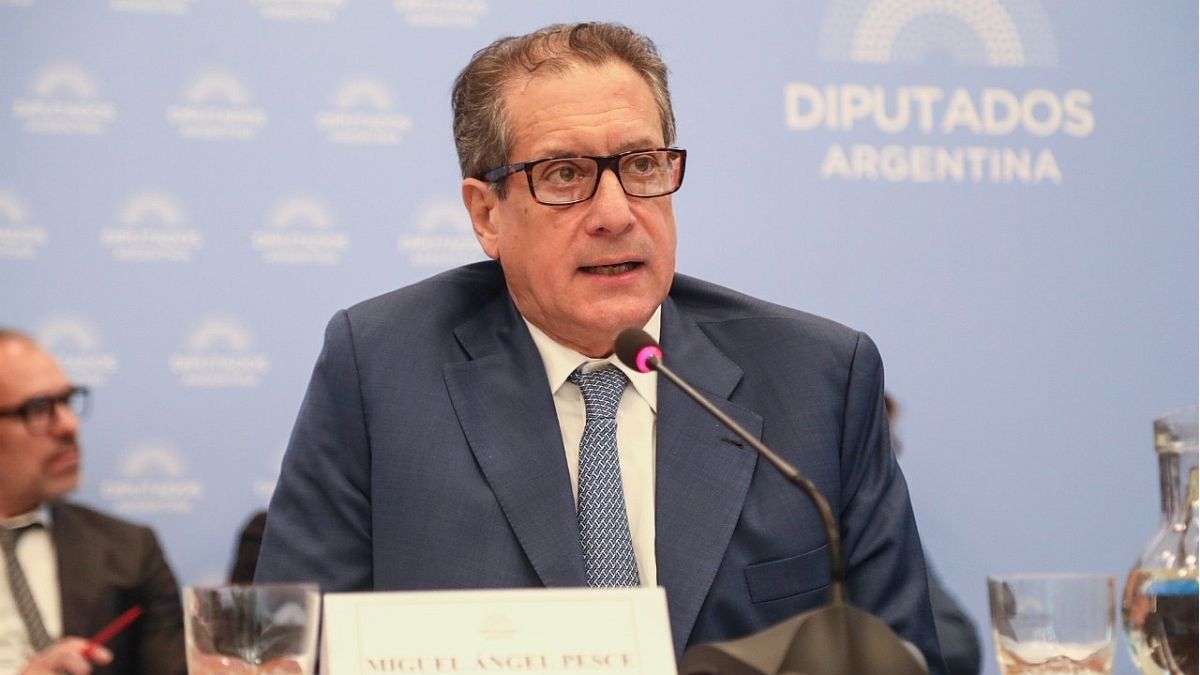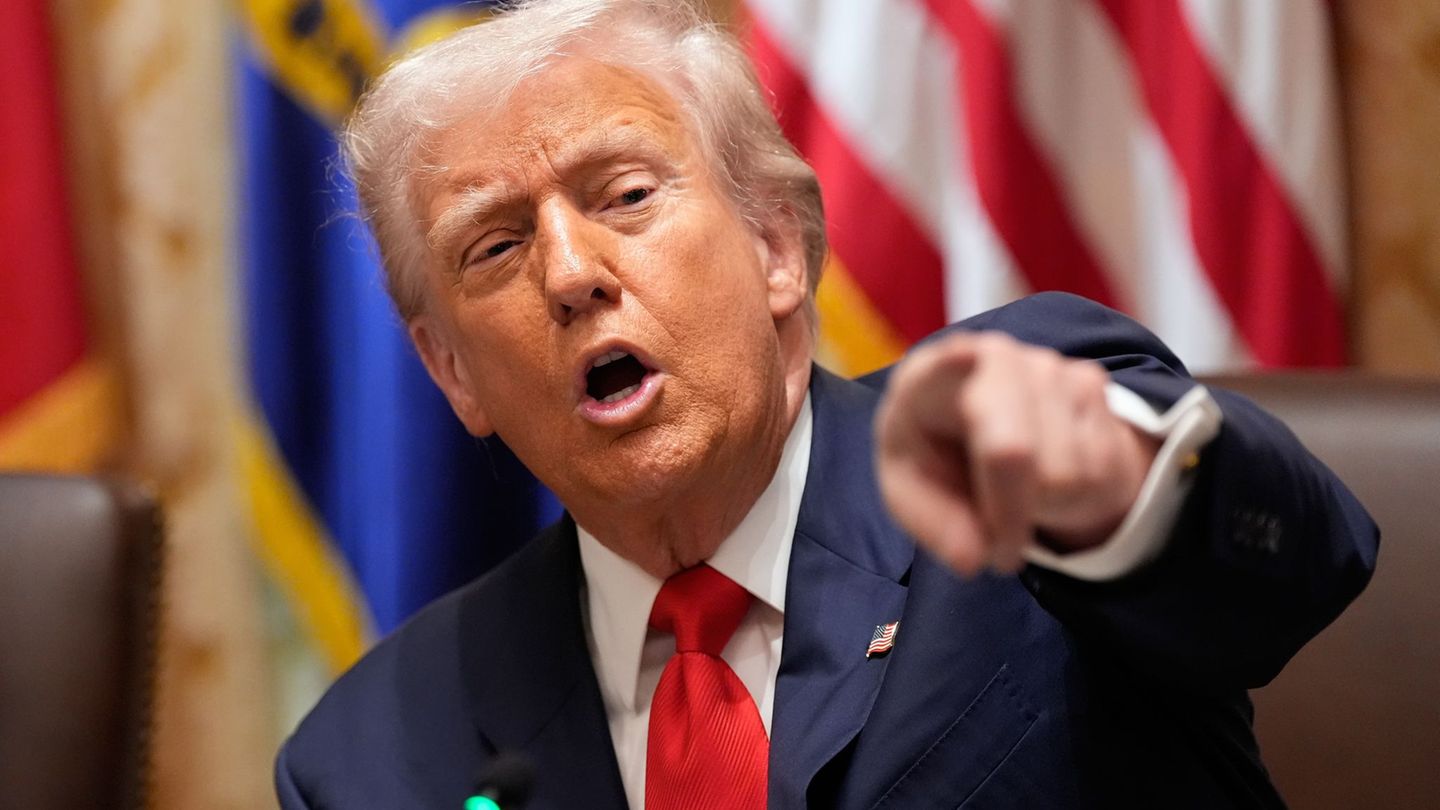Inflation
The departure of Martín Guzmán from the Ministry of Economy and the weakness of the country’s macroeconomic variables led to inflation reaching record levels in more than 25 years. Slowly, the index that reached a monthly figure of 7% began to drop, but it is still located at high values.
“We had an inflation peak of 7% in July. Now it is located at 6%. We are waiting for inflation to gradually decrease.”said Pesce in dialogue with Radio 10’s Rayos X program and added that according to the goals managed by the monetary entity “we are expecting a slowdown in inflation in the coming months.”
Regarding what they project for 2023, the economist said that, according to the Budget, the objective is “to be able to achieve inflation of 60 or less.”
Devaluation
Beyond the commitment to reduce inflation, the opposition and sectors of the local business community are pressing for the Government to carry out a sustained severe adjustment program based on a devaluation. However, the head of the BCRA flatly ruled out that this is in the plans.
“There are claims of shock but we know the consequences of this”expressed Pesce and maintained that it is necessary to go through this critical situation “avoiding an adjustment that is not necessary.”
“They have been demanding an excessive adjustment, that we make real wages and public spending fall. We are trying to avoid this situation”, he said, adding that “all resources are being used to avoid a sudden devaluation with the consequences that this has on real wages and pensions”.
Exports and public works
On the other hand, the economist recognized that the country’s problem has to do with the shortage of foreign currency, something that he considered as “a structural problem.”
“We came from a structural problem of a shortage of foreign currency in our country. We were exporting US$60 billion, which was a corset to growth since 2011, where we grew every other year. That streak was broken in 2018 where we also fell in 19 and 20 with the pandemic, ”he explained.
Although in the last two years that situation has changed, a new difficulty has also appeared. “Now we are exporting almost US$90 billion dollars and the difficulty that appeared to us was the increase in the price of energy that caused us a problem. From importing US$3 billion we went to import US$11 billion,” she said.
Despite this, he made it clear that such difficulties “will be overcome with infrastructure because the Néstor Kirchner gas pipeline and the trans-Andean oil pipeline are under construction and we know that the energy restriction will have a solution in a few years.”
Qatari dollar
The lack of dollars led the Government to apply new restrictions on access to foreign currency. The objective is to guarantee that the US currency is available for key imports, which allow sustaining economic activity and generating exports.
For this, new limitations were placed, among which are the aforementioned Qatar Dollar. It deals with the application of the tax on personal assets and the perception of profits to credit card operations abroad.
In this regard, Pesce announced that since the application of the first changes in recent months until the recent update “the drop in spending on tourism abroad has been strong” and put it in figures: “The fall was more than 100 million dollars per month”.
Swaps and IMF
Lastly, he referred to the negotiation that President Alberto Fernández will carry out with his Chinese counterpart, Xi Jinpingregarding the application of SWAP.
“We have had inquiries from Chinese mining, hydrocarbon and industrial production companies that are asking to use the yuan as investment currencies here and not to use other currencies”said Pesce, adding that in this context “currency SWAP plays a fundamental role.”
During the visit to Indonesia, Fernández will talk with the president of China to agree on the use of said mechanism. “What the president is going to work with Xi Jinping is that these Chinese investments have guarantees and can be made in yuan”he pointed out.
In addition, he pointed out that they will also seek the IMF to review its policy of surcharges for the rates of the Extended Facilities programs. “There is a fundamental discussion that has to do with the financing terms of the Extended Facilities programs and the surcharges, which is a problem that not only Argentina has but also Egypt, Pakistan and other countries”
“It is hoped that through dialogue the Fund will not apply this type of surcharge, which ends up harming member countries,” he concluded.
Source: Ambito
David William is a talented author who has made a name for himself in the world of writing. He is a professional author who writes on a wide range of topics, from general interest to opinion news. David is currently working as a writer at 24 hours worlds where he brings his unique perspective and in-depth research to his articles, making them both informative and engaging.




